
Do you get ingrown hairs? You know, those pesky irritations or cysts that seem to come at the most inconvenient times. Turns out, most of us who engage in hair removal do, and we’re getting to the bottom of the bump so you don’t have to.
If you shave, wax, or tweeze, we’re talking to you. You’re an ingrown hair’s prime target. When one appears, you’ll experience pain, inflammation, and bumps, which are often the dominant symptoms. How do you know if you’re prone to getting these bothersome knots? Any person can be victim to these irritating bumps, but those with coarse hair seem to get the most ingrowns. Yes, this means be careful with your bikini area. Men also need to be aware of their beard and neck as this is a common place for ingrowns to appear.
As annoying and painful as ingrowns can get, the good news is the irritated areas often heal themselves. But we’re all about getting ahead of skin concerns, so we’re showing you ways to treat and prevent ingrowns from popping up again. One thing to look out for is chronic ingrowns, which result in hyperpigmentation, scarring, or infection. To avoid the inflammation and seek an ingrown-free life, follow our guide to healing and preventing troublesome ingrown hairs.
Gently Exfoliate:
Exfoliating your skin helps remove dead skin cells, which prevents hairs from getting trapped and turning into razor bumps. Try our DIY lip scrub, but make enough to slather onto your entire body, or a scrub that doesn’t overdo it. Using too many actives, like acids, can irritate the skin. Our favorite is C & The Moon’s Malibu Made Body Scrub. You can also opt for exfoliating tools, like these mittens or this brush. Apply a pH-balancing soap and scrub away.
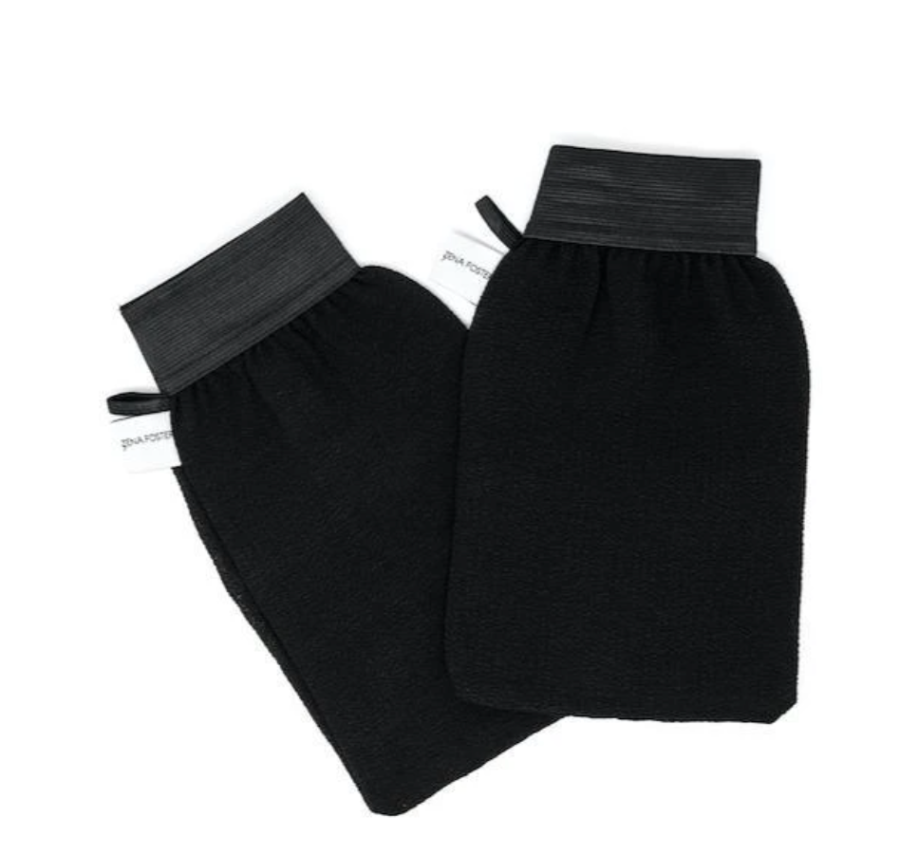
Shop Now
Polished Exfoliating Mittens
Price35
Zena Foster Beauty
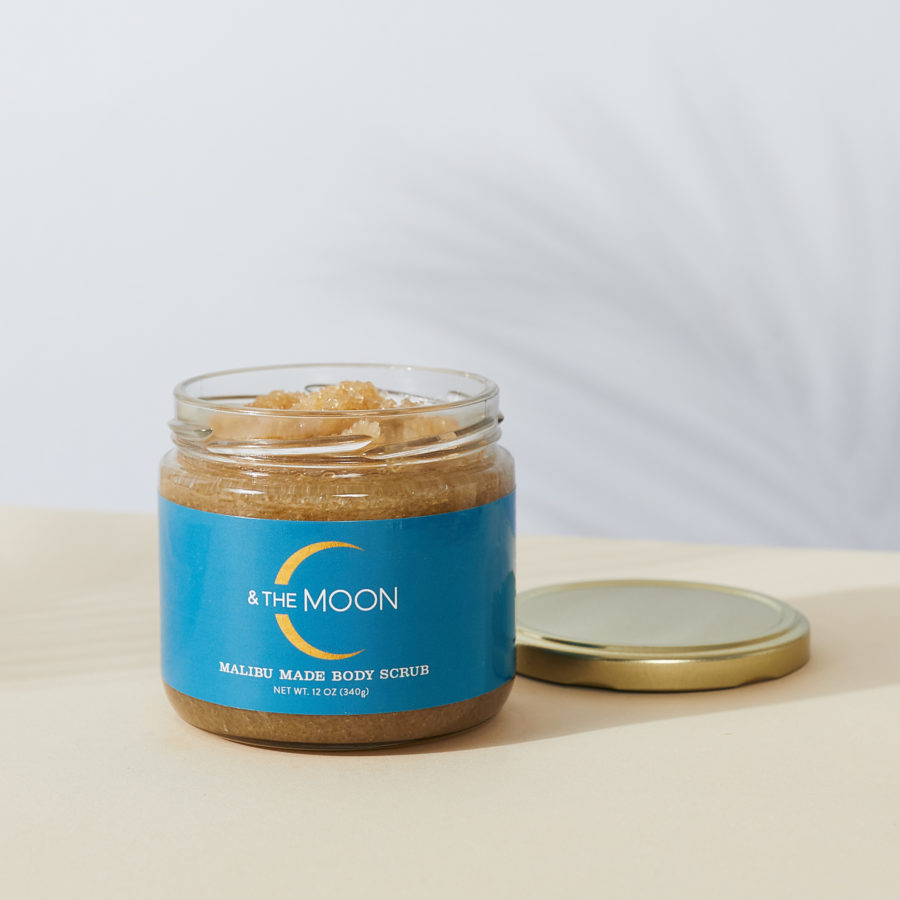
Shop Now
Malibu Made Body Scrub
Price64
C & The Moon
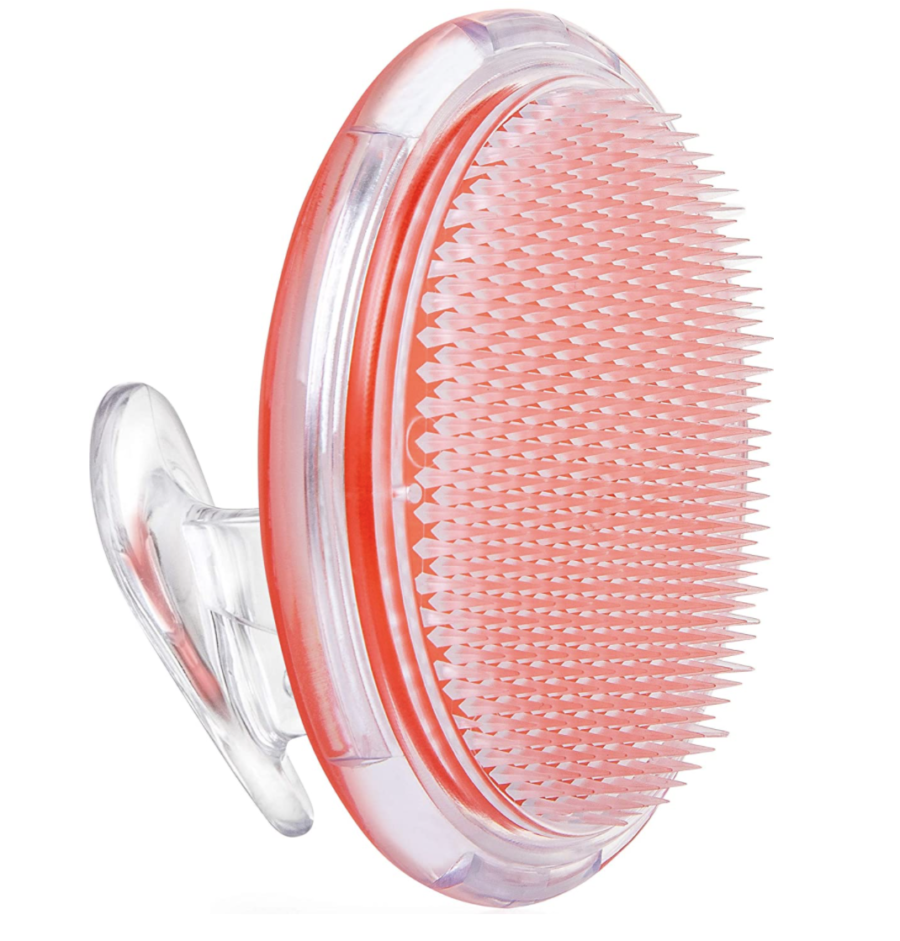

Exfoliating Brush
Price10
Dylonic
Turn Up the Heat:
Incorporating a pre-shave routine by heating up the areas you shave can do wonders. Start by washing your skin with warm water or by applying a hot compress to the area. Heating up the area is also great for those who shave their face, allowing their pores to open more fully.

Shop Now
Face Towel
Price35
Resorè
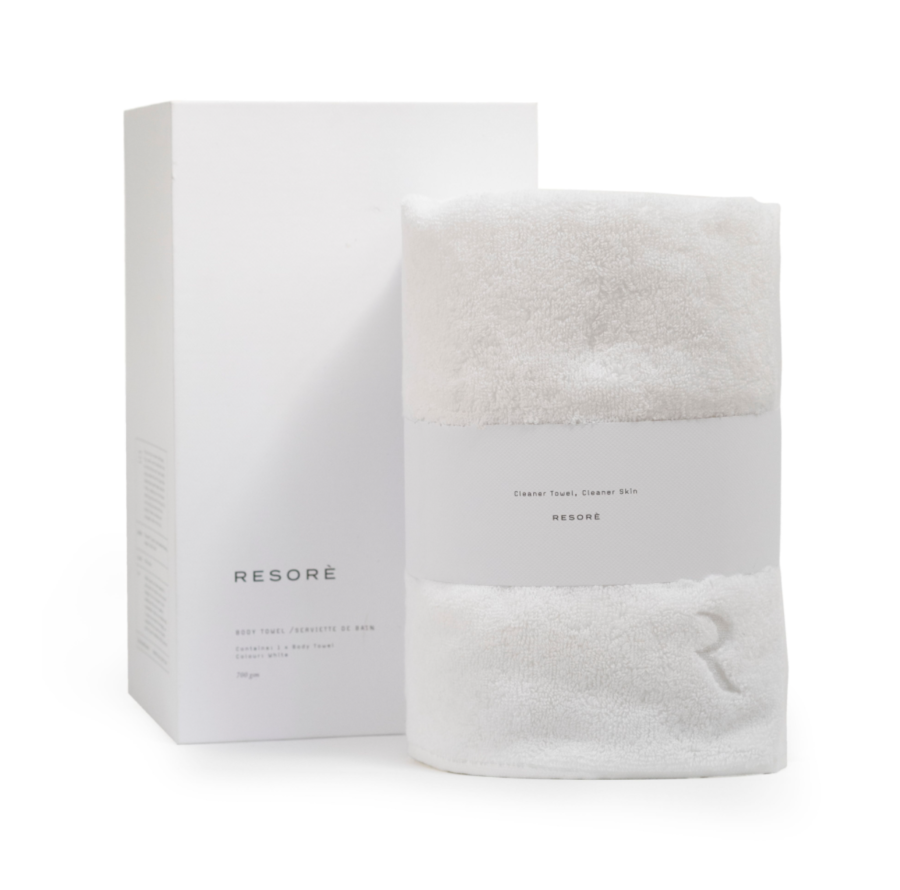
Shop Now
Body Towel
Price99
Resorè
Add a Gel:
A few minutes before your shave, apply a shaving cream or gel to soften the skin. If you’re looking for an all-natural hack, try using conditioner. It’ll lessen the clutter and still leave your skin silky smooth. Coconut oil is also a great all-natural option, but feel free to try a coconut melt for a convenient dry shave.
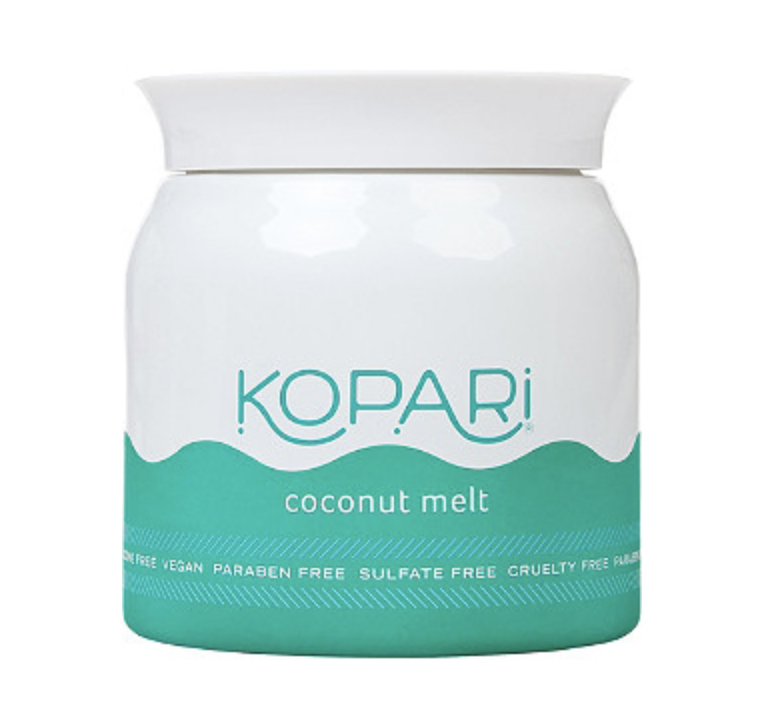
Shop Now
100% Organic Coconut Melt
Price28
Kopari Beauty
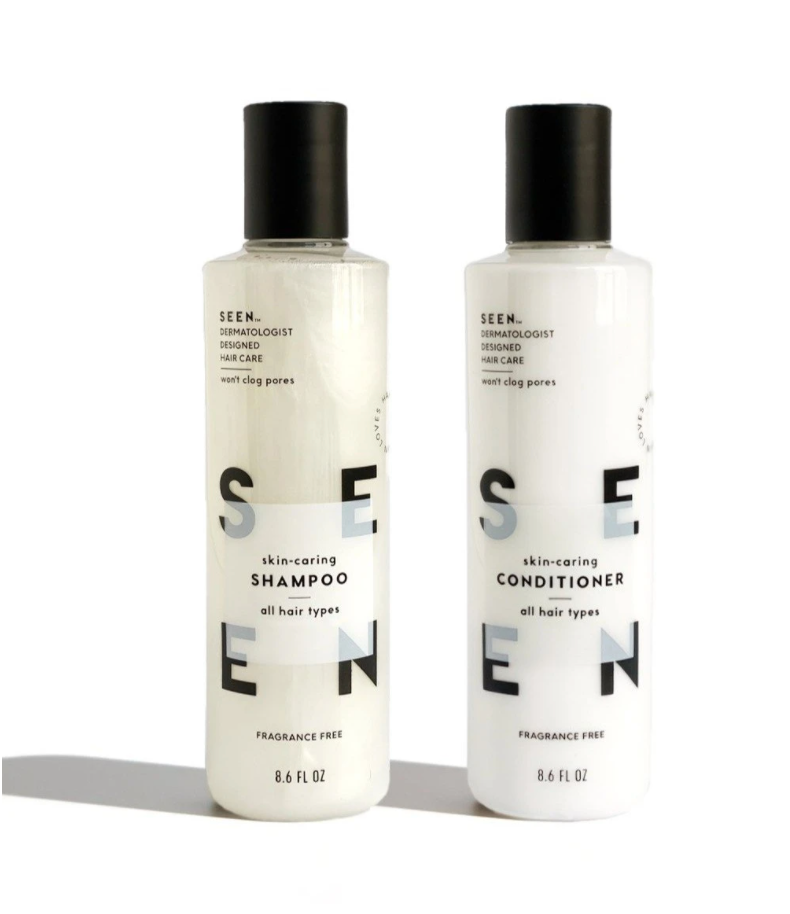
Shop Now
Fragrance Free Essential Bundle
Price50
Seen Haircare
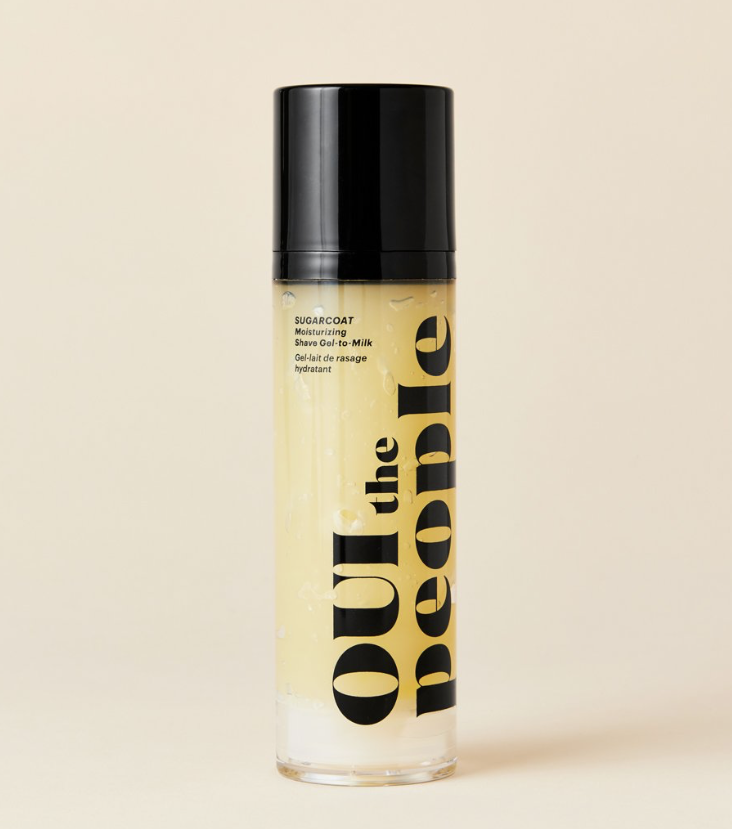
Shop Now
Sugarcoat Shave Gel-To-Milk
Price64
OUI the People
Avoid Tight Clothes:
Regular ingrown hairsingrown hair prevention

Shop Now
Boyfriend Sweatshort
Price69
Good American
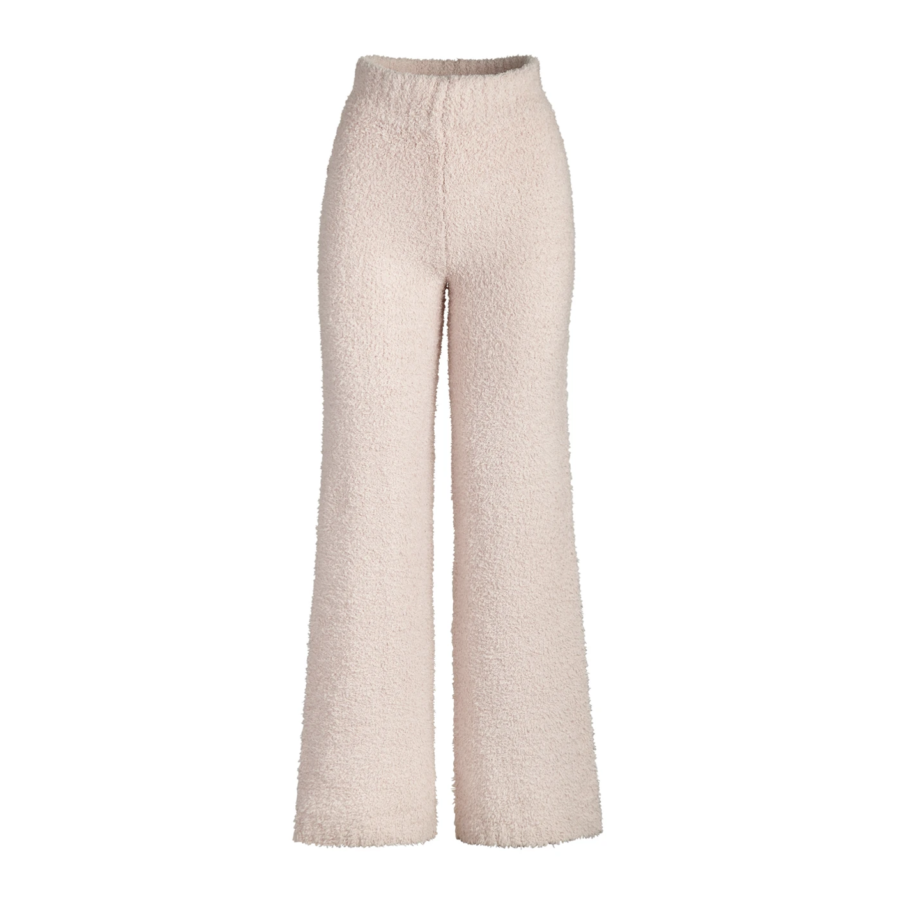
Shop Now
Cozy Knit Pant In Dusk
Price88
Skims

Shop Now
Drawstring Short
Price72
Leset
Shave Other Ways:
Waxing, shaving, and tweezing are the most likely culprits when it comes to ingrown hairs. If hair removal is a must in your life, then the next best option is ditching the razor for a week. Instead, try new methods, like an electric razor, a chemical hair remover, or a cream that reduces hair growth. Laser hair removal is another option for those looking to lose the razor.
Shop Now
Rechargeable Electric Shaver
Price20
Panasonic
Keep It Sharp:
Dull shaves are just how they sound: dull. Avoid ingrown hairs by replacing your razor frequently or washing your electric blades. Sharper blades remove hair with ease, whereas dull blades tug at the skin. Make sure you’re changing your razor blade every five to seven shaves to prevent irritation and the spread of bacteria.
Shop Now
Rose Gold Sensitive Skin Razor
Price75
OUI The People
Try a Supplement:
Cell turnover supplementsdead skin cells

Shop Now
Collagen Inner Beauty Boost Supercharged
Price50
The Beauty Chef
Shop Now
Liquid Multi-Vitamin Supplement
Price45
DL.MD
Shop Now
Complexion Dietary Supplement Capsules
Price19
Rae
Hydrate the Area:
Hydration is ALWAYS important, and long-lasting moisture is exactly what the skin needs. Dry and dead skin is precisely what traps the hair follicle in the first place.
Shop Now
Repair: Healing Whipped Body Butter
Price40
Agrestal Beauty
Shop Now
Flores All Day Cream
Price28
The Established
Use a Retinol:
Medicated alternatives are essential to the removal process. Adding a retinol is effective in ingrown hair treatment as it successfully removes dead skin cells. Retinol also helps the reduction of scarring from previous ingrowns.
Shop Now
Botanic-A
Price90
Root Science
Shop Now
Fresh Moon Dip Body
Price36
FarmHouse
Apple Cider Vinegar Bath:
We’re fans of apple cider vinegar as a daily shot as it helps curb cravings and remove toxins from your body. The ingredient is also great in DIY face masks, but today we’re introducing the ACV bath. An apple cider vinegar bath is beneficial for many reasons, including swollen areas like pimples, warts, and ingrowns. You can also use apple cider vinegar to spot-treat, which will help open your pores. You can spot-treat an ingrown hair by soaking a reusable round with apple cider vinegar and dabbing it on the infected area. After 10 to 15 minutes, wash the area with water. This will help the pores open up and allow the trapped hair to emerge.
What you need:
Fill the tub halfway with warm water
Add 1 to 2 cups of ACV *if it’s your first time using ACV, start with 1/2 cup
Add a scoop of Epsom salt
Mix ingredients with foot
Soak for 20 minutes
Shop Now
Pure Luxury Organic Bamboo Reusable Rounds
Price38
Jenny Patinkin
Shop Now
Organic Raw Apple Cider Vinegar
Price8
Bragg
Shop Now
Epsom Salt Soak
Price6
Solimo
The content provided in this article is provided for information purposes only and is not a substitute for professional advice and consultation, including professional medical advice and consultation; it is provided with the understanding that Poosh, LLC (“Poosh”) is not engaged in the provision or rendering of medical advice or services. You understand and agree that Poosh shall not be liable for any claim, loss, or damage arising out of the use of, or reliance upon any content or information in the article.







































